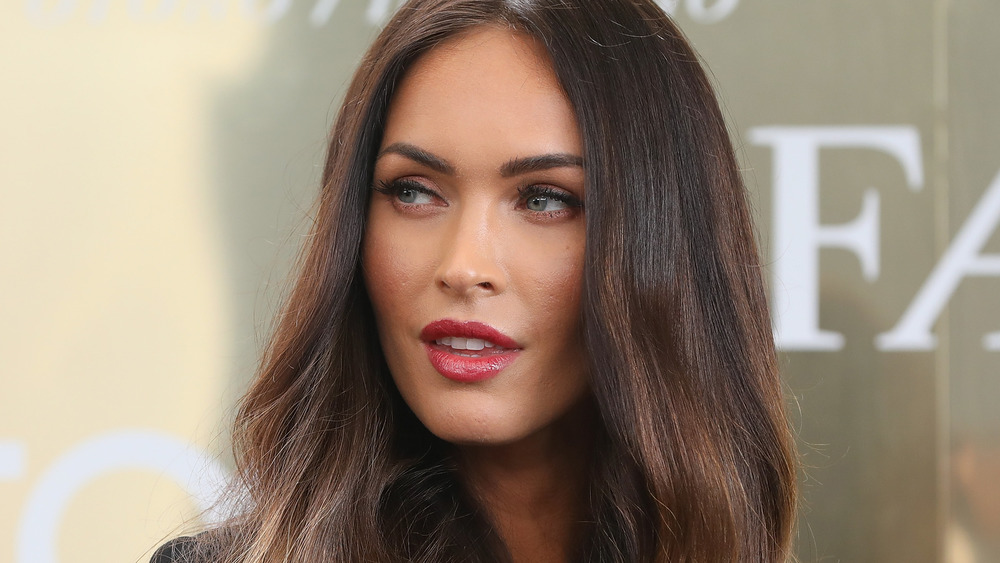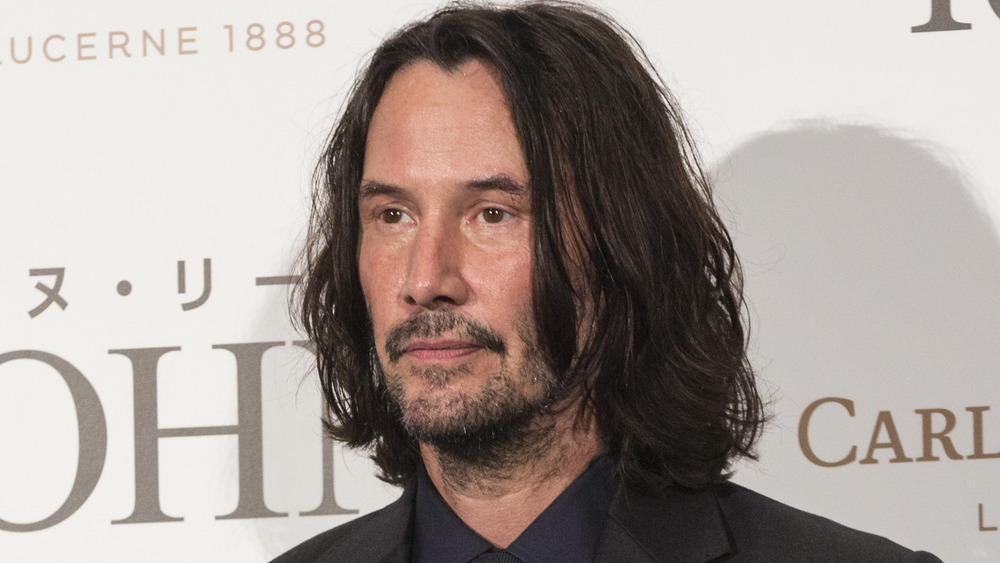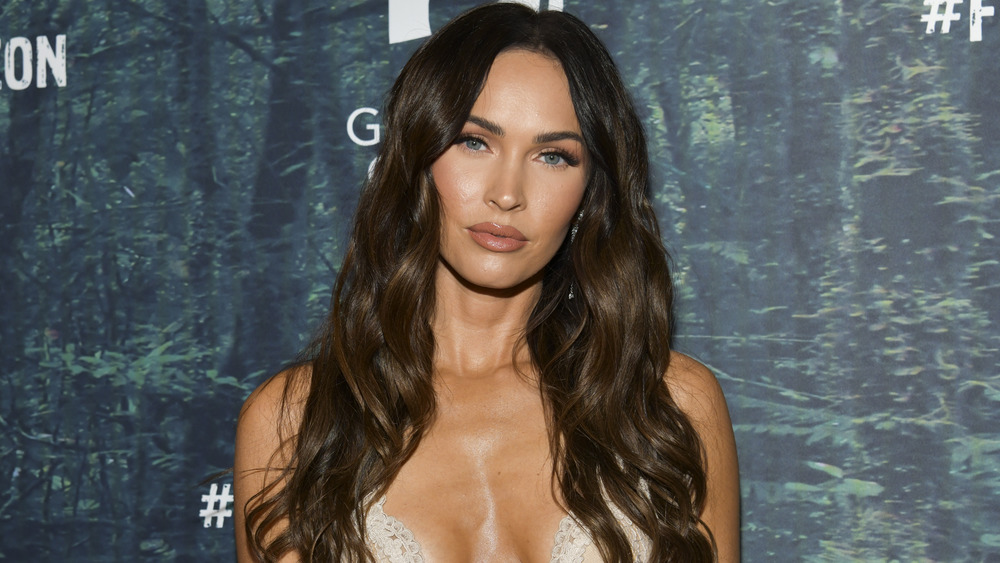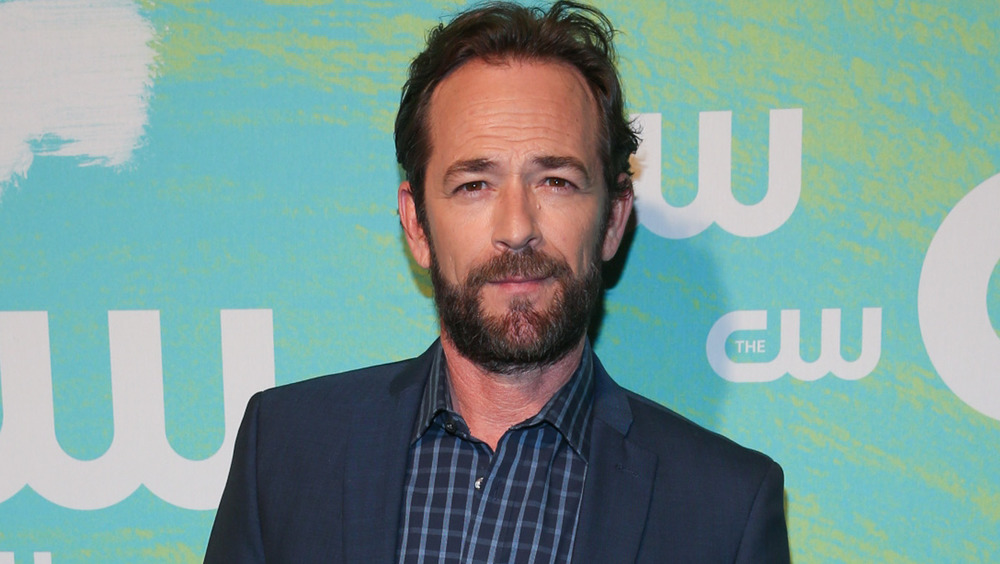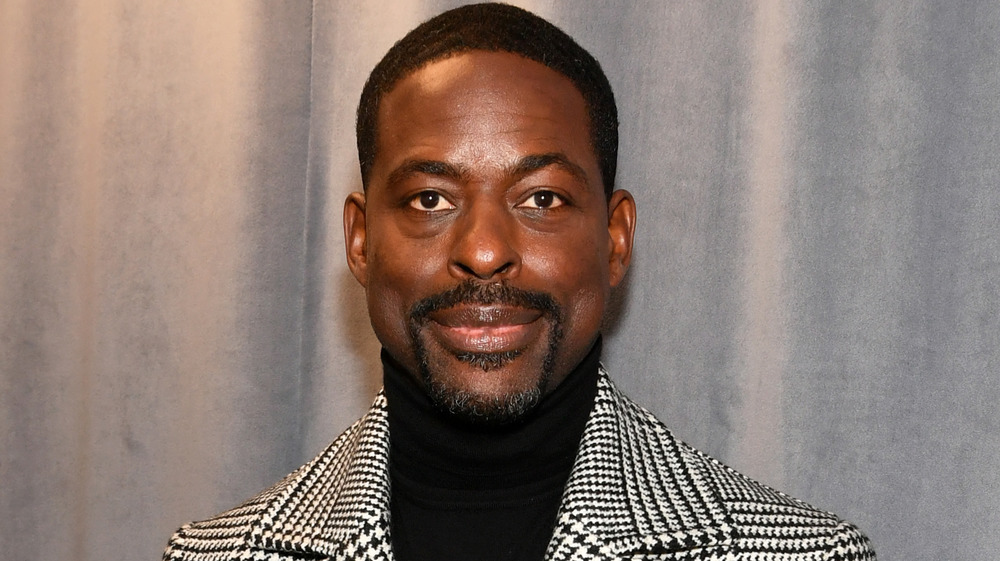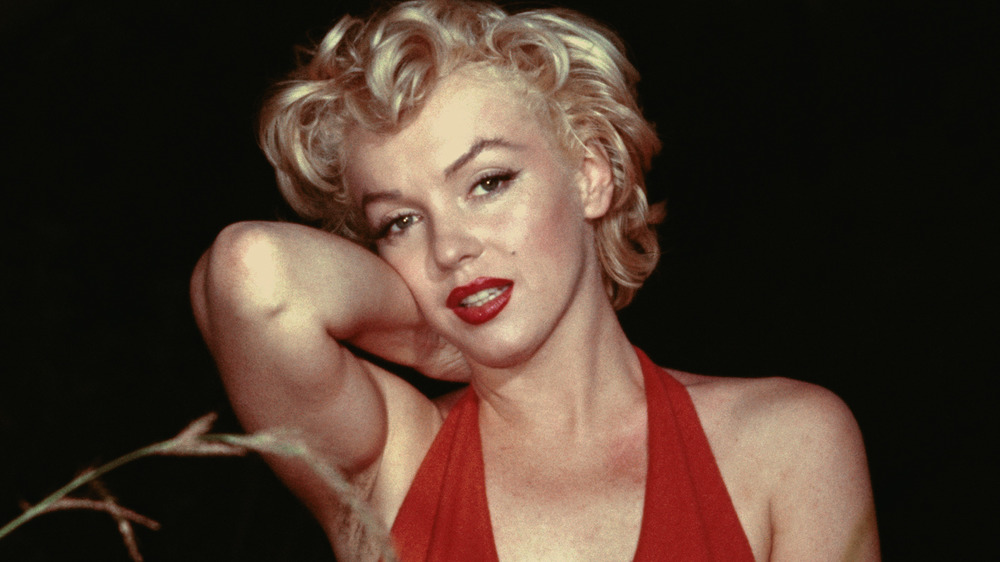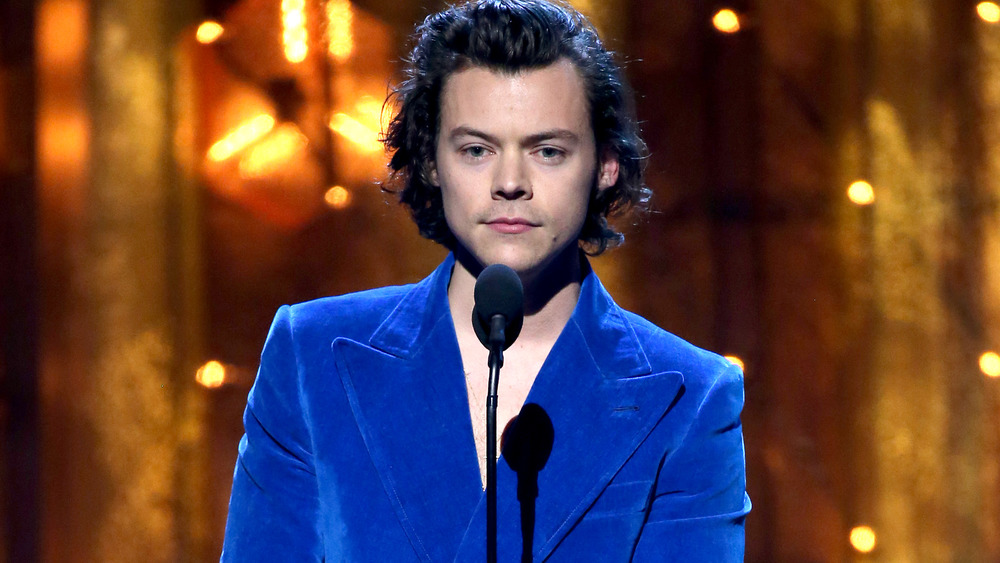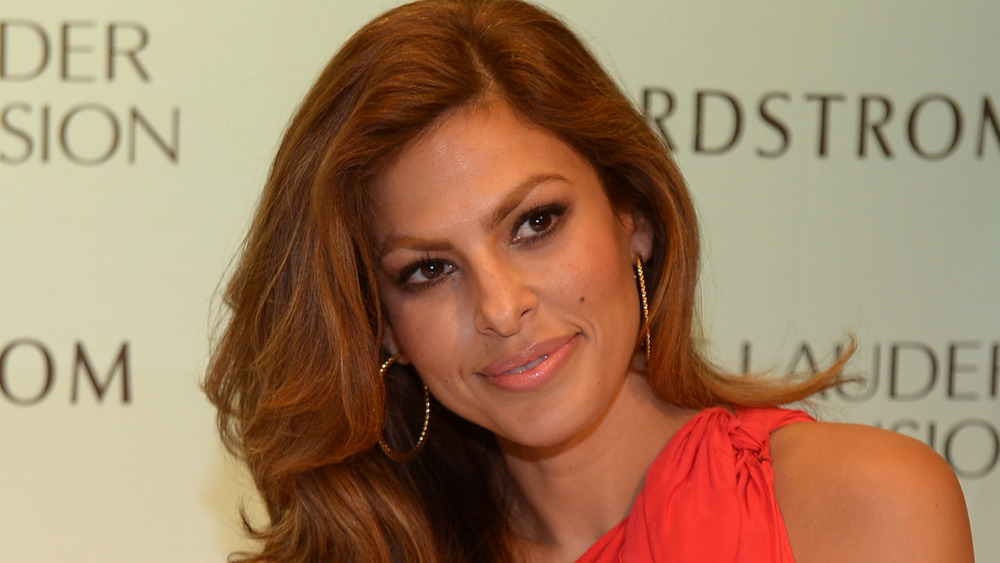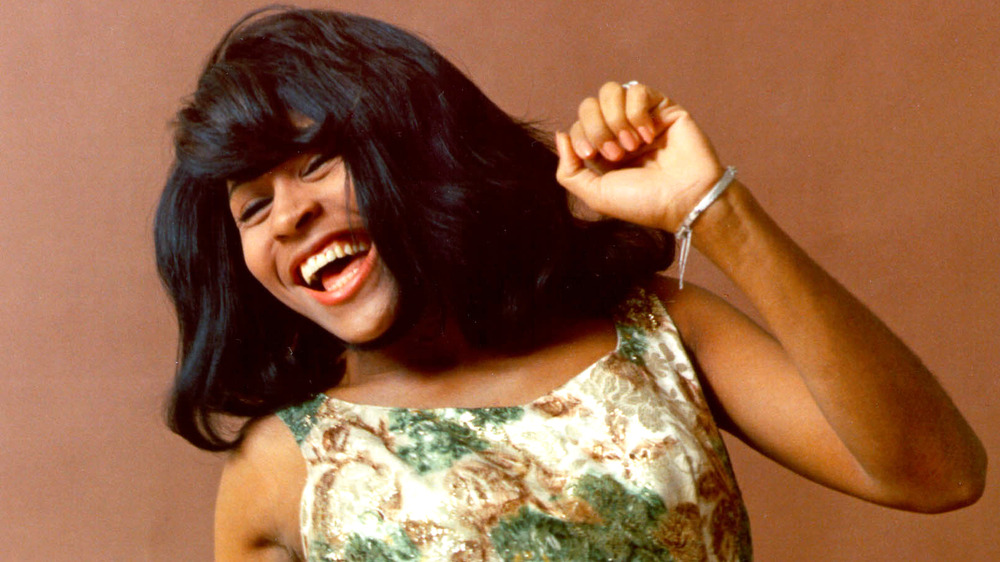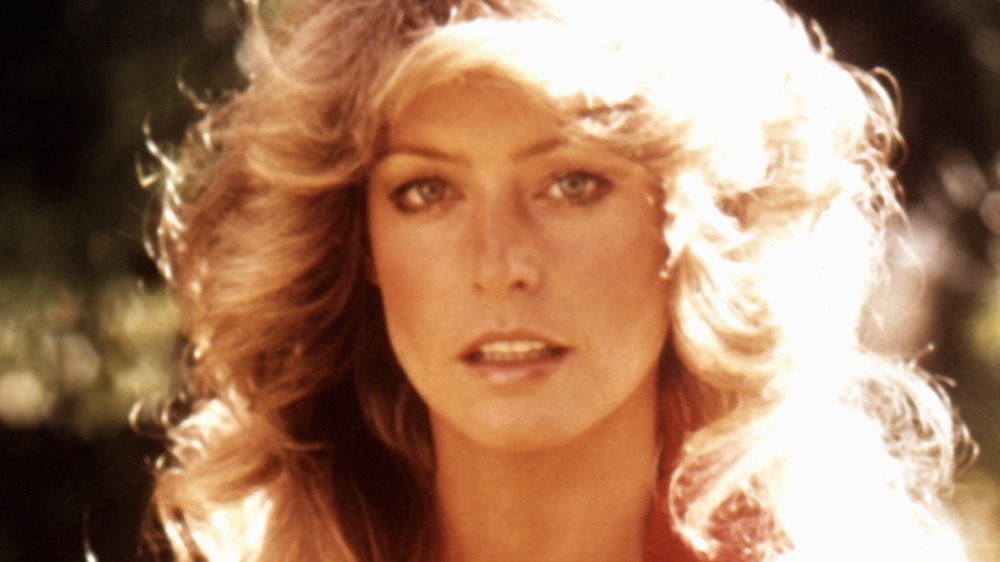Celebrities Who've Rejected Their Sex Symbol Image
The entertainment industry is full of sex symbols. That's probably no surprise. But some seem to embrace the title with both arms and use it to their professional advantage. There are also those who may downplay their sexy image but still perpetuate it by the career choices they make. Then you have people who reject their sex symbol tag altogether, which could be for many reasons.
It's possible that an entertainer being called a sex symbol feels objectified, and they would rather have people focus on their craft instead. Others may feel the title is limiting and keeps people from seeing them as multifaceted individuals who have more to offer than their good looks. Plus, some seemed to have been okay with being called a sex symbol at first, but over time they grew tired of it, which they later admitted. We've gathered some of those celebs who have rejected being sex symbols and then gave reasons why. So here we go.
Scarlett Johansson said her sexy image isn't sustainable
There have been some movie stars throughout history who've said they've given into Hollywood's pressure to look a certain way and maintain whatever sexy image was placed on them. But in an interview with WSJ Magazine, Scarlett Johansson said she has no desire to follow that path because she can't stay on it forever. "I don't want to be the ingénue anymore," she said in 2014. "That part I'm happy about. It's nice to be glamorous, but I don't want to always have to be trendy and glamorous and an object of desire. I don't want to be stuck in that forever because it doesn't last."
The New York native has certainly played her fair share of sexy roles, like in the 2005 film Match Point and 2013's Don Jon. Johansson was also named Esquire's "Sexiest woman alive" in 2006 and again in 2013. When she was given the title for a second time, the former child star seemed to be okay with it and said it was all part of staying relevant in an often forgetful film industry. "You know, I gotta hustle. I'm a twenty-eight-year-old woman in the movie business," Johansson told Esquire in 2013. "Pretty soon the roles you're offered all become mothers. Then they just sort of stop. I have to hedge against that with work—theater, producing, this thing with Esquire."
Keanu Reeves doesn't agree with the public
Keanu Reeves not only refused to lean into his sex symbol image, he bent himself in the opposite direction and ran from it. In 1995, one year after he upped his sex symbol status in the action thriller Speed, Reeves seemed confused about people fawning over him. "I hate the term sex symbol. I don't think I'm a sex symbol. I don't think I look like a sex symbol either, he told Platinum Magazine in 1995, according to Saxon." That same year, Dina Meyer, who co-starred with Reeves in Johnny Mnemonic, told People that the Bill & Ted's Excellent Adventure actor considers himself a "nerd" and "just some schmo off the street, who loves to act." So it doesn't appear that Reeves moving away from his sex symbol image is about having fake humility.
But regardless of how he views himself, other co-stars have spoken highly of him, both about his personality and physical appearance — like his Speed co-star Sandra Bullock. "How sweet Keanu Reeves was and how handsome he was," she said on The Ellen DeGeneres Show in 2018. "It was hard. It was hard for me to, like, really be serious." Bullock then said the actor would merely look at her and she'd giggle and fall to pieces.
Megan Fox said the label made her feel 'powerless'
In 2015, when Kim Kardashian was a speaker at the Commonwealth Club of California in San Francisco, she was asked if the reactions to the scantily clad selfies she sometimes posts make her feel objectified. According to Page Six, the reality star said there's "power" in posting such photos, which suggests she gets a boost out of being considered a sex symbol. But Megan Fox doesn't like the title, nor does she believe it to be empowering. In fact, she finds being a sex symbol draining, based on what she told Esquire in 2013. "I felt powerless in that image," she explained. "I didn't feel powerful. It ate every other part of my personality, not for me but for how people saw me because there was nothing else to see or know. That devalued me. Because I wasn't anything. I was an image, I was a picture, I was a pose."
Fox's sex symbol image began early in her career but exploded after she played Mikaela Banes in Transformers and Transformers: Revenge of the Fallen. In 2010, she told Us Weekly that she believes she "assisted the media into making her a cartoon character." That said, she isn't totally unhappy with the way things played out. "I don't regret what has happened to me, but I regret the way I have dealt with it," she added.
Luke Perry rejected his sex symbol image from the start
When Luke Perry tragically died from a stroke in 2019, people flooded social media with kind messages. But here's the thing: Despite Perry being known as a heartthrob while playing Dylan McKay on Beverly Hills, 90210, most seemed to reference his personality and how friendly he was. Asha Bromfield, for example, who played in the series Riverdale with Perry, tweeted he was the "Kindest, warmest, most loving human being," who always made her "Feel safe, heard and seen."
It's possible the reason that people mentioned Perry's humility over his physical appearance had to do with how he dealt with being a sex symbol early on. For example, when talking to ET in 1991 about the hordes of people who would show up to public events to see him, he said, "It's not me that they're coming out to see, it's this character that I play." And during a 1992 interview on Today, he spoke about the comparisons people made between him and actor James Dean, another teen heartthrob, who was killed in a car crash in September 1955. Based on Perry's answer, it was clear the Dean comparisons didn't even come close to getting to his head. "I think when I can no longer fulfill that James Dean fantasy for them, they'll look and get it from someone else," he stated.
Sterling K. Brown doesn't want to be 'fetishized'
It's safe to say that most people don't want to be pigeonholed, and they'd rather not be confined to one thing, whether it's a job, a place, or a school of thought. And in entertainment, being attached to a character, role or image could be career-ending, which is why many actors seemingly like to switch things up and keep fans guessing. There are also some celebs who don't want to be pigeonholed into being a sex symbol, and This Is Us star Sterling K. Brown is one of them.
In 2019, the Stanford alum admitted that he's leery about embracing the sex symbol title, calling it a "slippery slope" during an interview with Playboy. "It's one that is dangerous," Brown said about the label. "It's nice to have your sexuality celebrated, as long as you're being celebrated in total, as a whole human being and not fetishized as one particular thing." But Brown didn't seem to mind using his physical attributes to get people to vote in September of 2020 since he posted a shirtless selfie to social media that got a major reaction from fans. "Like what you see?😏 There's more where this came from...👀," he captioned the photo, which included a link to Vote.org.
Marilyn Monroe hated being objectified
Marilyn Monroe pretty much laid the blueprint for the blonde bombshell type, being a major sex symbol in the 1950s and '60s, thanks to films like Niagara and Gentlemen Prefer Blondes. The silver screen icon, born Norma Jeane Mortenson, died in 1962 from a barbiturate overdose. And long after her death, she's remained a pop culture icon, and her sex symbol status hasn't diminished one bit. Some might say it grew even more.
"Try finding a flawed, unflattering image of Marilyn. You can't," wrote Keith Badman in HuffPost in 2012, who also penned the book Marilyn Monroe: The Final Years. "You will not chance upon a picture of her anywhere looking old or gaunt. Ever. Her image is forever locked into that of a fresh, vibrant, beautiful young woman ... Her tragic early death propelled her into that special category of eternal beauty." But ironically, Monroe didn't care for the sex symbol title at all and said it confused her. "I never quite understood it, this sex symbol, I always thought symbols were those things you clash together," she said in 1962, according to America Magazine. "That's the trouble. A sex symbol becomes a thing. I just hate being a thing."
Harry Styles said being a sex symbol is 'uncomfortable'
If you've ever been to a Harry Styles concert, then you probably found yourself competing with a sea of screaming girls just to hear the former One Direction member belt out tunes. As a matter of fact, the poor guy can't even catch a commercial flight without hordes of people swarming him and yelling his name. One of the times it happened was in 2013 when Styles was seen trying to make his way through a large crowd at Australia's Melbourne Airport.
Sure, the Fine Line singer may do his part to keep his sex symbol image going by sometimes flirting with fans onstage, and he hasn't flat out asked people to stop calling him a sex symbol. But that doesn't mean he likes the title. "So uncomfortable," Styles told Apple Music's Zane Lowe in 2019. "Honestly, I'd say I try and think about it as little as possible because it's a very strange, dynamic thing. It's also, like, a weird thing to think of about yourself." But Styles also said in that interview that he wanted to stop being so "guarded" in his music and open up about personal things, like being sexual.
Eva Mendes finds her sexy image 'limiting'
It seems like Eva Mendes shot to fame quickly after playing Denzel Washington's character's mistress in the 2001 film Training Day. And although that wasn't her first movie, the small role made the Miami native an instant sex symbol, which made things a little scary for her. "I had just come out in Training Day and I was nude in it, so I was getting a certain kind of attention. And I did carry a little blade," she said in the publication Interview in 2008. But three years later during a chat on NBC's blog Niteside, Mendes said that her sex symbol image is "partially self-created." So that means she wouldn't be "one of those actresses who becomes shy all of a sudden" and say things like "What do you mean?" when asked about her looks." She also admitted to playing up her "sexiness" at times.
But things changed for the Hitch star within two years after that interview because she felt differently about being a sex symbol and playing up her image. "I got tired of being always thought of as sexy and [I] allowed that description to define the kind of work I was doing. That can be very limiting," she told The Sun in 2013. "Being sexy is just one component of who I am — it's a thing I can be. It's a side of myself I can tap into ... It's not what I am."
Tina Turner said she didn't feel like herself
There have been some who've been labeled a sex symbol and admitted right off the bat that they didn't care for it. Tina Turner, however, expressed a disliking for her image many years after she became famous as a member of The Ike & Tina Turner Revue. While in that band, Tina was often seen on stage shimmying in short dresses with high energy, much like Beyoncé does today. In short, the "Proud Mary" singer seemed bigger than life on stage and many took notice, especially the fellas. "When the women sat there and gave me that side-look that they didn't like me, I was attractive for the men, I think, at that time. I thought, 'I have to find out how to get those women on my side ... I was trying to say 'I'm here for you ... not just for the men,'" she told Gayle King on CBS' Sunday Morning in 2018. And even when the singer parted ways from Ike Turner, who started the band, time and age didn't seem to remove her sex symbol status at all.
But during a 1986 Rolling Stone interview, Tina said that image affected her emotionally. "I don't hate myself anymore," she stated. "I used to hate my work, hated that sexy image, hated those pictures of me onstage, hated that big raunchy person. Onstage, I'm acting the whole time I'm there. As soon as I get out of those songs, I'm Tina again." Who knew, right?
Farrah Fawcett took on gritty roles to change her image
Whether it be Charlize Theron in Monster or Demi Moore in G.I. Jane, there have been several stars who've seemingly tried to break free of their sexy image by taking on film roles that have nothing to do with glamour or beauty. But the late Farrah Fawcett did it long ago after becoming a huge sex symbol in the '70s, especially after being in the series Charlie's Angels. But by the time the '80s hit, Fawcett seemed to grow tired of being a sex symbol and took on tough roles, like in 1984's The Burning Bed and 1986's Extremities.
”We knew that Farrah was interested in playing the part, and we talked to her about it. We told her it would mean working with no makeup, going completely against her image, and she was willing," said Jon Avnet, one of The Burning Bed's executive producers in a 1984 interview with The New York Times. "Farrah has pushed herself to the limits. She's wanted to make this as gritty as possible."
Fawcett spoke about her image change during a video posted to YouTube, which is said to be a clip from the screening of The Burning Bed. "Whether it's conscious or unconscious, there's more of me," she explained. "There's other sides, not just maybe the way I look or the roles that I've chosen in the past ... I wish I felt like [a sex symbol] then maybe I wouldn't want to give it up."

